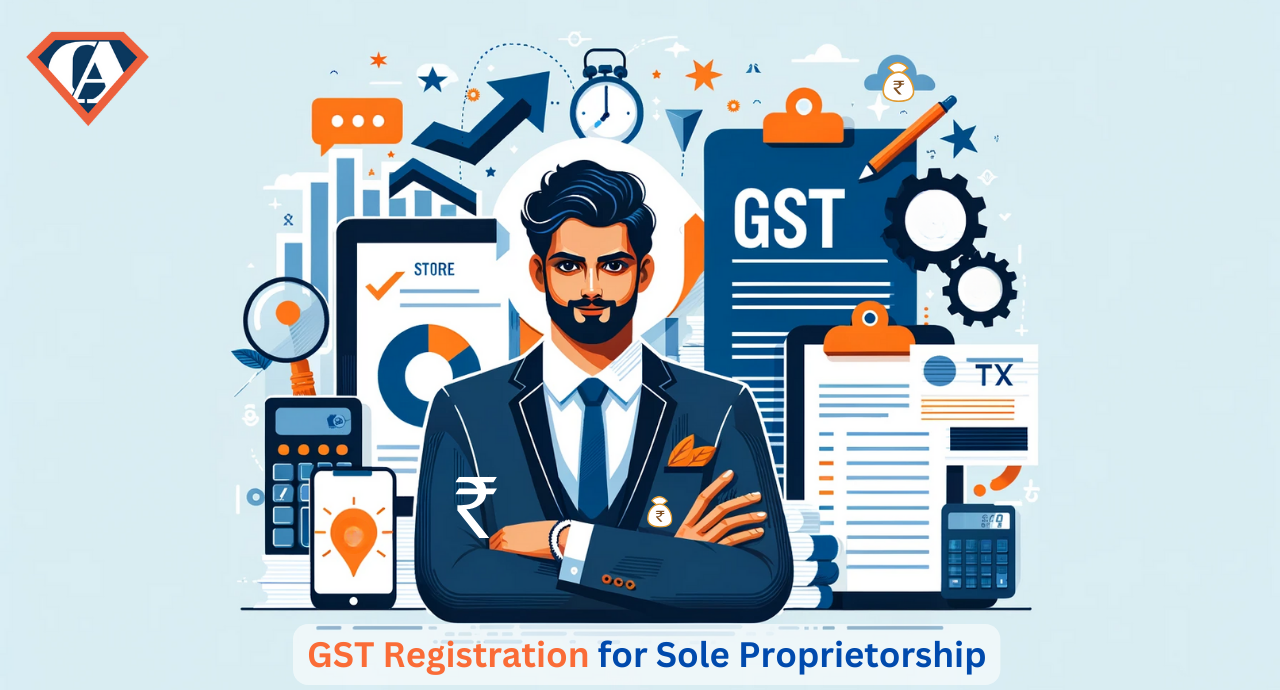Comprehensive Guide to the very best GST Registration Services in Singapore
Comprehensive Guide to the very best GST Registration Services in Singapore
Blog Article
Throughout: The Ultimate Roadmap to GST Registration for Organizations Looking For Financial Security
Navigating the complexities of Item and Provider Tax Obligation (GST) registration is a critical action for companies pursuing financial security. From recognizing the basic concepts of GST to complying with post-registration guidelines, the procedure can appear daunting at initial glimpse. However, damaging down the roadmap right into convenient steps can simplify the enrollment journey for services looking to enhance their economic standing. Let's discover the vital elements that comprise this best roadmap and discover how each stage contributes to laying a strong foundation for economic success.
Understanding GST Fundamentals
Looking into the fundamental principles of Goods and Services Tax (GST) is crucial for gaining a detailed understanding of its effects on organizations and the economic situation. GST is a value-added tax obligation levied on the majority of items and solutions for residential consumption. It has actually replaced multiple indirect tax obligations that existed in the pre-GST era, simplifying the tax structure and improving simplicity of doing company in India. Under the GST system, both solutions and items are taxed at a certain price, which is established based on their category. Businesses are needed to register for GST if their annual turn over exceeds the threshold limitation set by the government. Input Tax Credit Rating (ITC) is a significant feature of GST, enabling companies to assert credit score for taxes paid on inputs, lowering the total tax burden. Comprehending the basics of GST is essential for companies to abide with tax obligation laws, manage their financial resources effectively, and add to the nation's financial growth by taking part in a clear tax system.
Qualification Requirements for Registration
To register for GST, companies must meet certain qualification criteria developed by the federal government. The key qualification demand is that any company included in the supply of products or solutions with a yearly accumulation turnover over the threshold limitation established by the authorities need to register for GST. Since the present regulations, the threshold limitation for GST registration is an annual aggregate turnover of 40 lakhs for companies running within a state, besides unique classification states where the restriction is 20 lakhs. In addition, certain businesses are needed to register for GST irrespective of their turnover, such as interstate distributors, laid-back taxed individuals, and companies responsible to pay tax under the reverse charge mechanism. It is crucial for organizations to extensively analyze their turn over and purchase kinds to establish he said their GST registration responsibilities properly. Failing to register for GST when eligible can result in charges and legal effects, making it essential for organizations to abide by the specified qualification criteria.
Documents Needed for Registration
Having actually met the qualification standards for GST enrollment, companies must now guarantee they have the requisite documents in area to continue with the registration process efficiently. The files needed for GST enrollment commonly include proof of company constitution, such as collaboration deed, enrollment certification, or consolidation certificate for different types of businesses. Furthermore, companies need to provide files developing the principal place of business, such as a rental arrangement or electricity bill.
Step-by-Step Enrollment Refine
Commencing the GST registration procedure includes a collection of organized actions to make certain a smooth and compliant try this web-site registration for companies. The primary step is to go to the GST portal and load out the registration kind with precise information of business entity. Following this, the candidate receives a Temporary Recommendation Number (TRN) which is utilized to return to the application process if it's not completed in one go.
Following, all required documents based on the checklist offered by the GST portal need to be uploaded. These records generally consist of proof of service enrollment, address and identity proofs of promoters, financial statements, and business entity's PAN card.

Post-Registration Conformity Guidelines

Final Thought
In verdict, services looking for monetary security should recognize the basics of GST, fulfill qualification requirements, collect necessary More about the author files, adhere to the detailed registration procedure, and comply with post-registration standards - Best GST registration services in Singapore. By sticking to these actions, companies can guarantee conformity with tax guidelines and preserve economic security in the lengthy run
In addition, certain services are required to register for GST regardless of their turn over, such as interstate providers, informal taxable persons, and companies liable to pay tax under the reverse charge system.Having actually satisfied the eligibility criteria for GST enrollment, services must now guarantee they have the requisite records in area to proceed with the registration procedure successfully. The records required for GST enrollment commonly consist of evidence of organization constitution, such as partnership deed, registration certificate, or incorporation certificate for different types of businesses. Furthermore, organizations need to supply records establishing the principal area of organization, such as a rental agreement or power costs.Beginning the GST enrollment procedure includes a collection of organized actions to make sure a seamless and compliant enrollment for organizations.
Report this page